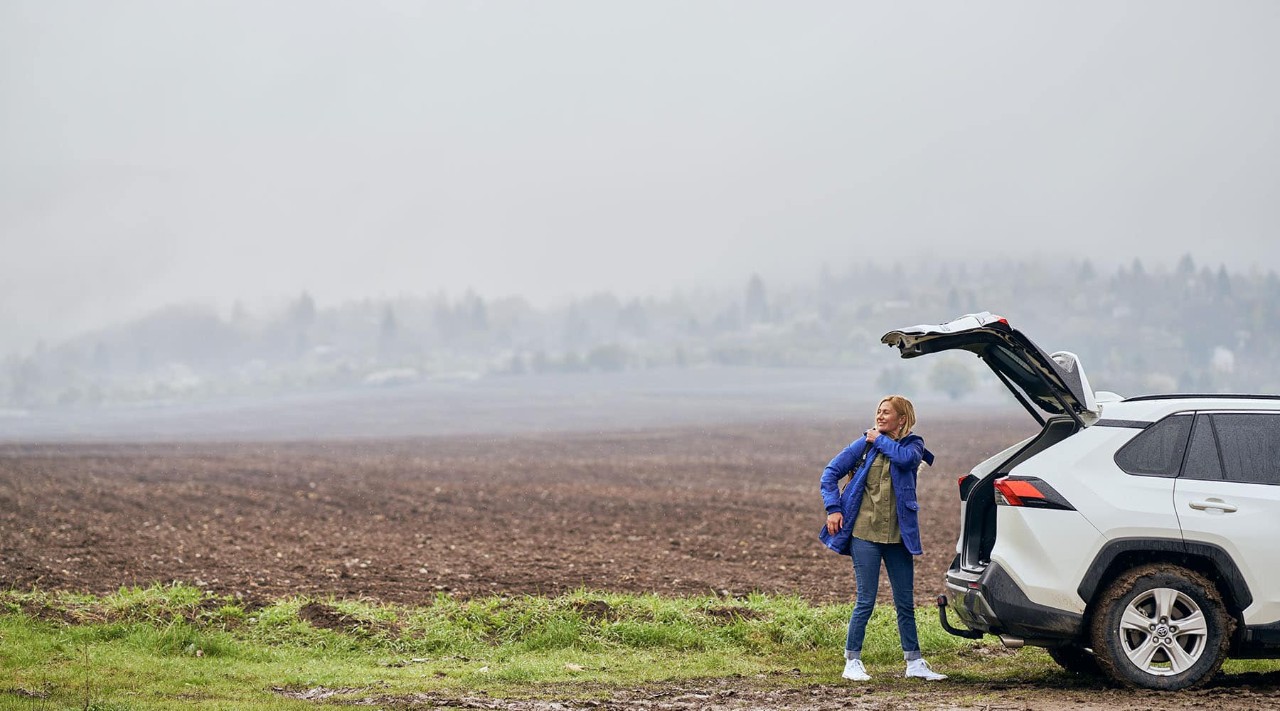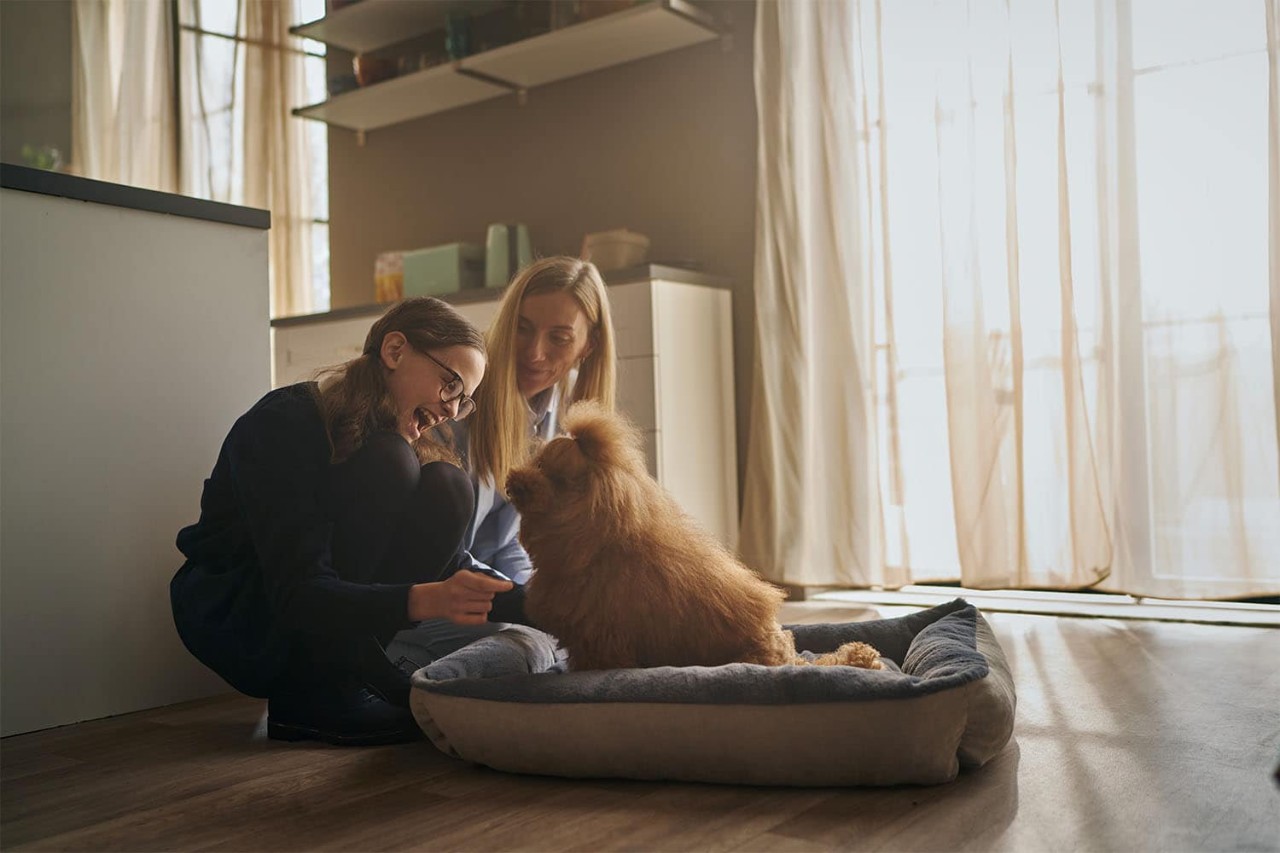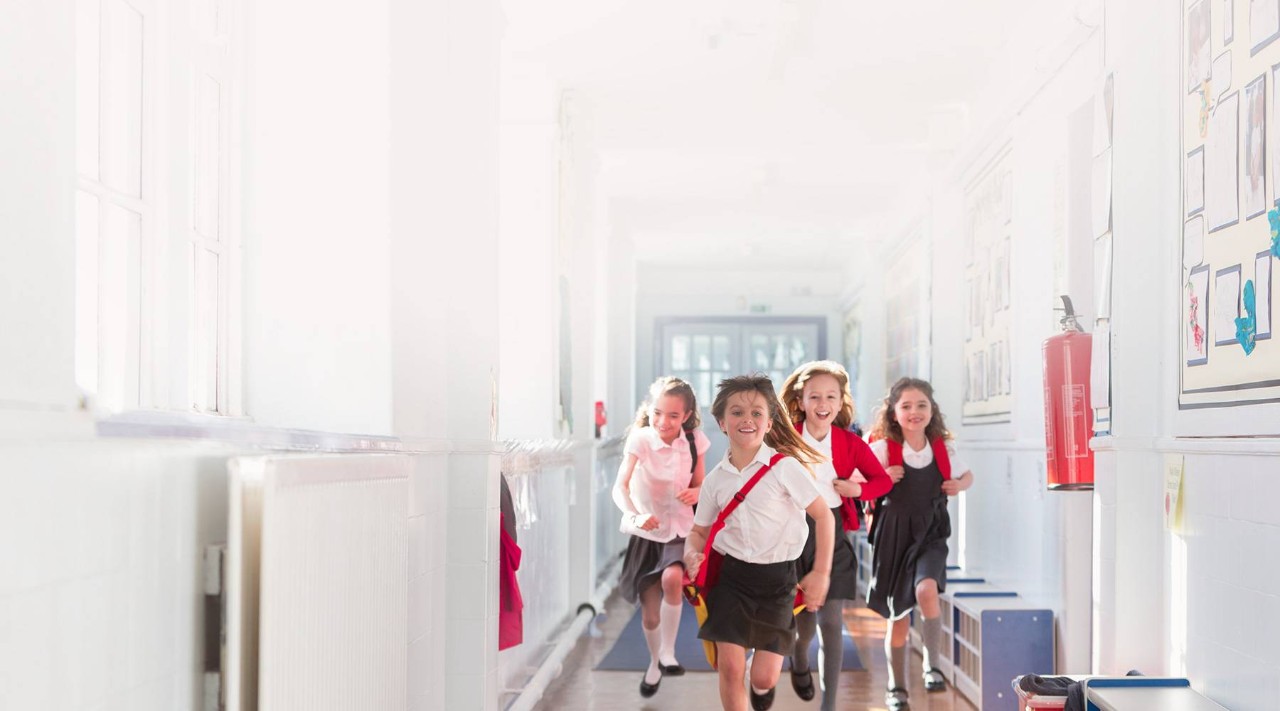As your baby develops and grows into a toddler, they will become more curious and will want to explore every aspect of your home – from tabletops, drawers, sockets to small objects! Your home will become a new playing field for your child, especially when they find their feed and start walking. It’s important that you feel confident in the knowledge that your child is safe in your home.
Remember, accidents can happen! But it’s good to put some preventative measures in place that can help keep your toddler safe in the home.
Bathroom Safety
Bath time can be a fun family affair, children love splashing around in water! However, it does present a number of dangers. Never leave your child unsupervised in the bath – no matter their age. Drowning can occur in even the smallest depths of water so it is important to use a non-slip matt in the bath and to drain the water immediately after use. Make sure all cleaning products, razors, medicines, etc are kept out of your child’s reach or locked away. Keep the toilet lid closed so your toddler can’t investigate.
Wires and Sockets
We live in a technological age where there are electrical appliances in most homes. This means young children are susceptible to coming into potentially dangerous contact with electrical wires and plug sockets in the home, which can cause serious injuries. Making sure that wiring is properly insulated and that any loose wires are tucked away neatly out of your toddler’s reach can help to prevent against these accidents. Children may try to put their fingers or smaller objects into sockets so it is important to try cover up any plug sockets that aren’t in use with a plastic covering. Also, a simple introduction to the dangers and power of electricity can help to make your child more aware of its dangers and how to behave around it.
Small Objects
You may notice your toddler gaining a particular interest in small objects that they can pick up and grasp, or even put in their mouths, nose or ears! While it is great to see that they’re developing, this can be very dangerous and could cause incidents such as choking. To avoid this happening, try to keep small household items out of reach. Whether it’s coins, keys, cosmetics, batteries or jewellery, small items can pose a serious danger to your child if handled incorrectly. This goes for toys as well. Always check the label when purchasing a toy to see if it is suitable for children under a certain age.
Pets
The risk posed to small children by family pets is not always considered. Pets can be loving companions and owning one can have great psychological benefits for you children, in a behavioural, educational and social sense.1 However, there can be a downside to this relationship; Every pet has the potential to bite, especially when it comes to younger children who can be energetic and aren’t yet familiar with soft contact and general caution.
As a pet owner and parent, it is important to acknowledge your pet’s need for space. This can be done by teaching your children not to interrupt the dog while it is having food, not attempting to take a toy from its mouth and speaking to your children about the general warning signs like baring teeth and growling. If a dog or cat feels threatened or scared they could pose a serious threat to your child so it is crucial to never leave your child alone with a pet and to warn your child to stay away from a pet that is acting abnormally.
By taking note of these potential dangers and handy tips, you can not only help yourself, but also help your children live in a safer environment.
This guidance is for general information purposes only. Allianz accepts no responsibility or liability for any losses that may arise from any reliance upon the information contained in this guidance.
Sources:





